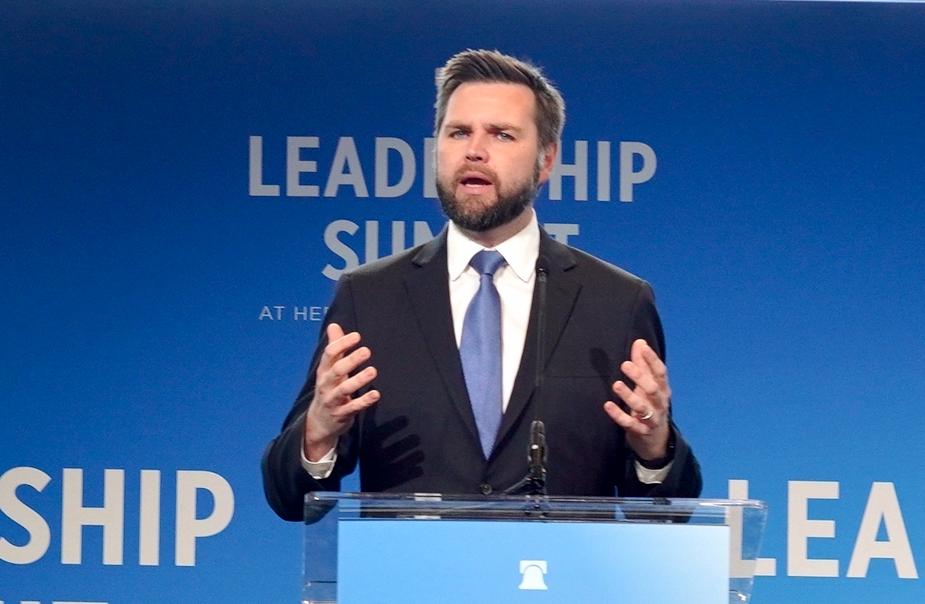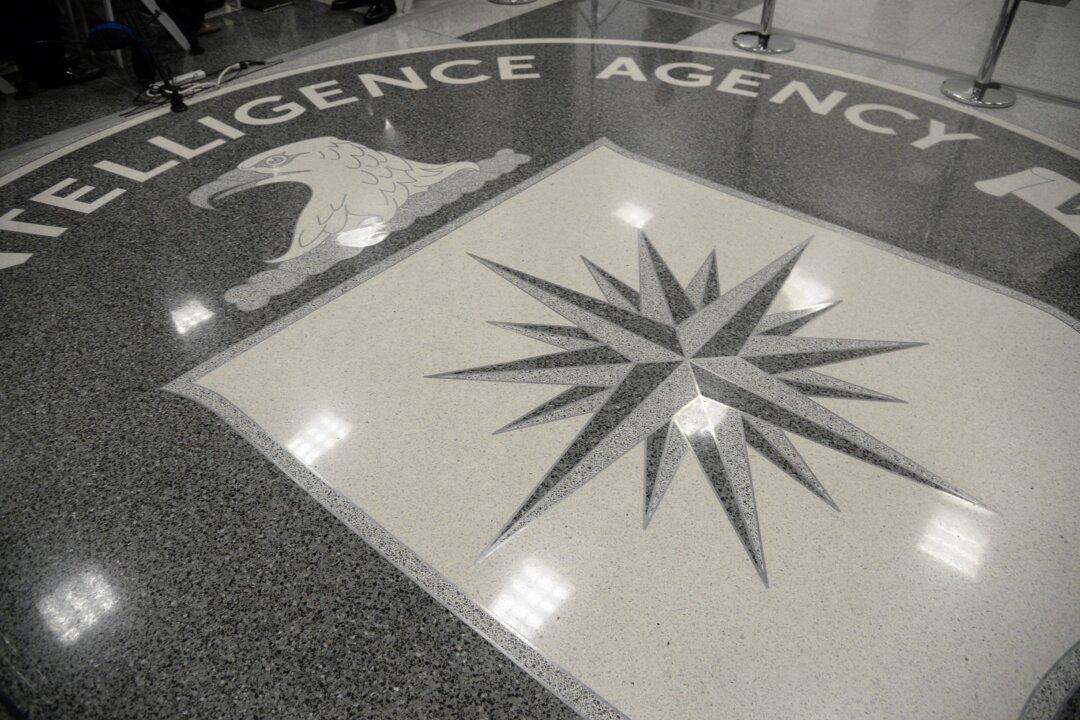Sen. J.D. Vance (R-Ohio) is warning his fellow Republicans that a $95.3 billion foreign aid package for Ukraine, Israel, and Taiwan creates an added impeachment risk for former President Donald Trump should he retake the White House next year.
President Trump has signaled a desire to see a peaceful settlement to the ongoing war between Russia and Ukraine and has repeatedly said he would bring the fighting to an end within 24 hours if he were to return to the White House.





